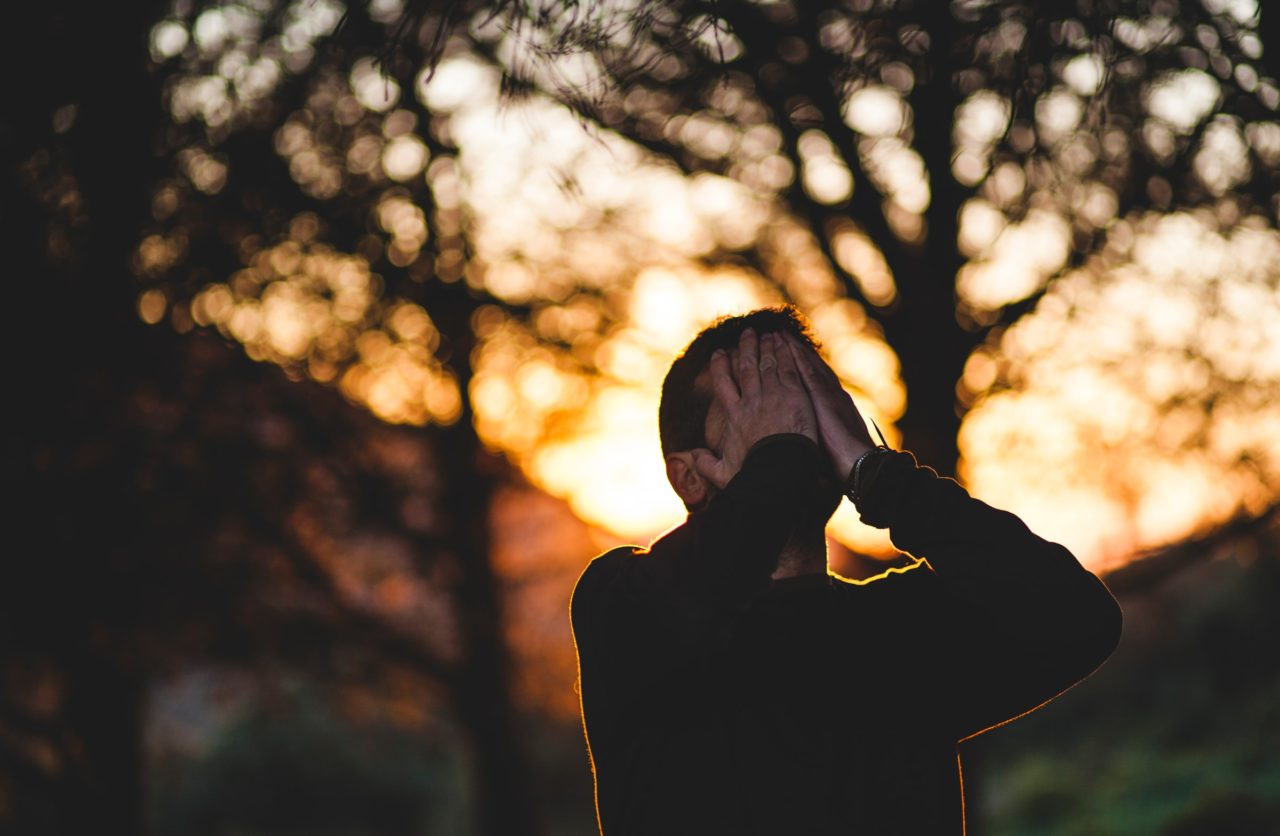Last night I was talking to a group of people about the last year and a half and the toll it’s taken on all of us. They inventoried the familiar stresses of learning how to adjust to working remotely, the tensions of living in close quarters with strained marriages, the novel fears that came with empty store shelves, and the challenges of helping children adapt to life without physical interaction with their peers.
One woman detailed similar struggles and added, “… and then I lost my mother,” and continued on. What under normal circumstances would have alone been one of the most traumatic, path-altering milestones of her life, was forced to compete with all the unprecedented hell swirling around it. It simply became one of a litany of devastating wounds she’s sustained.
Her mother’s passing in the height of the pandemic, meant she hadn’t been able to say a final goodbye at her bedside, to sit and mourn with family members and friends, to have a proper memorial service. As a result, it meant she wasn’t able to normally grieve any of it. It was all simply indefinitely paused—though she knows she will soon have to hit play on that mourning soon.
Now that the county is opening up and many are joyfully retooling bucket lists and taking vacations and celebrating the newfound freedoms, she is reckoning with a sadness that she had to procrastinate away for a year. While circumstances around her are rapidly improving, she is feeling a counterintuitive sorrow: trying to figure out how to dance and mourn simultaneously.
That’s the part of the crisis we’re not thinking or talking about: the losses we’ve sustained due to death or divorce or relational disconnection that we haven’t been able to rightly sit with or fully feel or experience with any normalcy, because circumstances either wouldn’t allow it emotionally or made it physically impossible.
We’re all expecting ourselves and other people to cast aside the collateral damage and rush back into normal, just because we can remove our masks or travel without restrictions or fill up our calendars. That is too big an ask of our hearts and a massive disservice to those we have lost, and it is simply not sustainable.
It’s an important and necessary thing to welcome the grief we’ve been putting off for months, to not keep it at arm’s length now that we are through the worst of the physical threat. We need to turn to the invisible wounds and the hidden traumas and to the natural process of lamenting what we’ve lost or had stolen or were cheated out of over the past year and a half.
We need to grieve the people we had to say goodbye to, the milestone moments we missed, the once-in-a-lifetime trips we can’t reschedule, the relationships that have been irreparably severed—the depth and the breadth of the catastrophic personal and collective losses, because they merit embracing.
Let’s remember how human we are.
Go easy on yourself. You’ve been through hell.
Go easy on other people, they have been through it too.
Many of us are not all the way through it yet.
In the dawn of this new morning for our nation, we do have joy that is long overdue and we should warmly welcome it.
But we have mourning to do as well.
And we need to do it.




